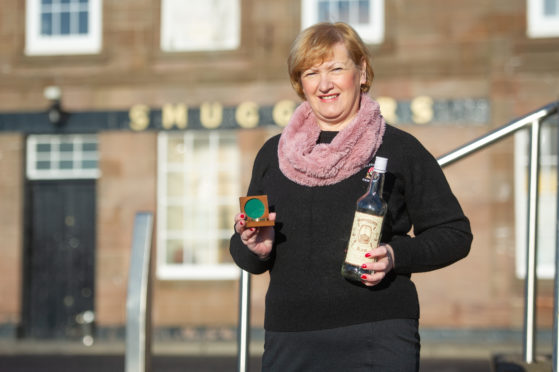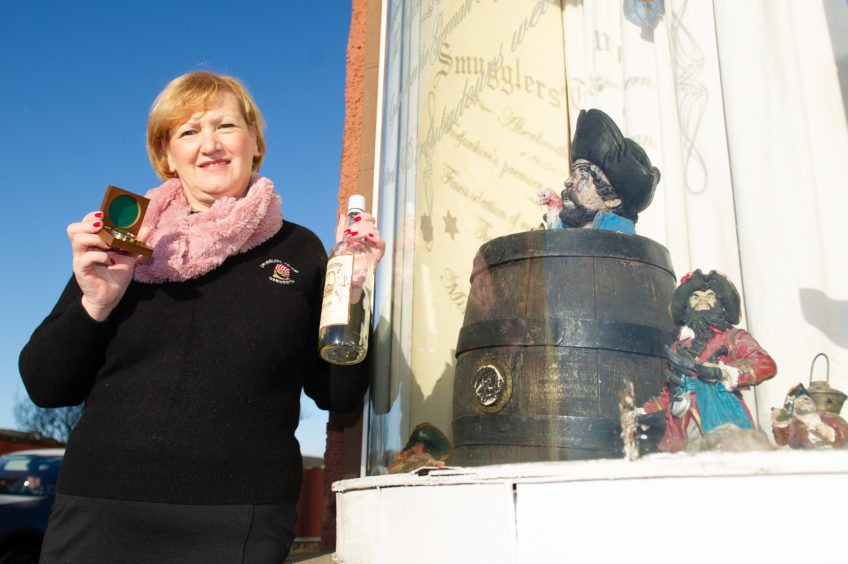Tales of an 18th century ghostly piper have prompted calls for greater awareness of Tayside’s smuggling history in a bid to capture a tourism bonanza.
Legend has it a piper named Tam Tyrie had been playing at a wedding, but had taken shelter from the stormy night with his wife and dog in a Cave between Arbroath and Auchmithie.
In a bid to drown out the sound of the storm, Tam began to play his pipes.
However, the trio were never seen again after than night, although one version of the story alleges that after three days, the dog ran out of the cave mouth at great speed.
Later, the farmer at Dickmontlaw, whose home was around a mile inland alleged he heard the sound of the bagpipes being played far below his hearthstone.
The legend continues that the ghostly sound of bagpipes could be periodically heard as Tam mournfully played a highland air in the depths of the cave.
Similar versions of the tale have been told in areas where smuggling was commonplace, and it is thought the ghostly piper tale was a smugglers ruse to scare away inquisitive locals by playing the pipes during their illegal activities.
Arbroath East and Lunan SNP Councillor Brenda Durno wants to see greater awareness of Angus’ past to boost interest in the area.
She said: “People might not associate Angus with smuggling, but it certainly went on.
“There are a number of local tales. Many people in Arbroath, for example, will have grown up hearing stories of a secret tunnel between the abbey and the cliffs to move contraband.
“I think locals and visitors alike would be fascinated to know the extent that smuggling went on, especially as ports such as Arbroath and Montrose had such important international trading links.
“It is quite an unexplored aspect of local history that could play a big part in promoting the area to visitors and help boost tourism.”
Smuggling grew in popularity in the 18th century, at a time when the government derived a substantial part of its income from customs duties on imported items such as spirits and cloth.
With tax on these products as high as 30%, smuggled goods were considerably cheaper, and provided a good income for many.
A farm labourer could earn more in one night in a smuggling operation than he could earn from a month working in the fields.
It was not until Prime Minister William Pitt reduced duties in the 1780s, that smuggling became less profitable, but the practice did not really die out until the 19th century.











